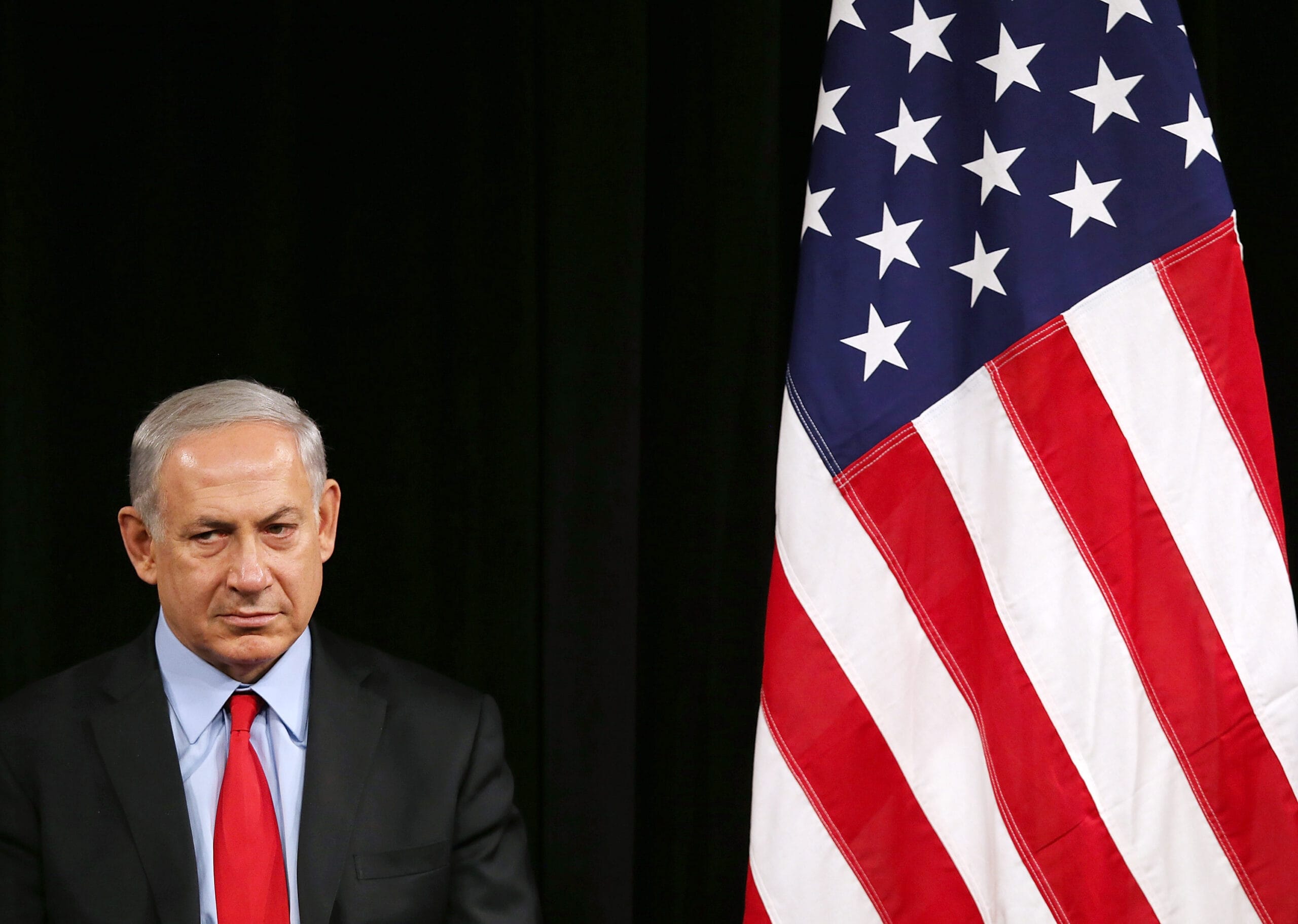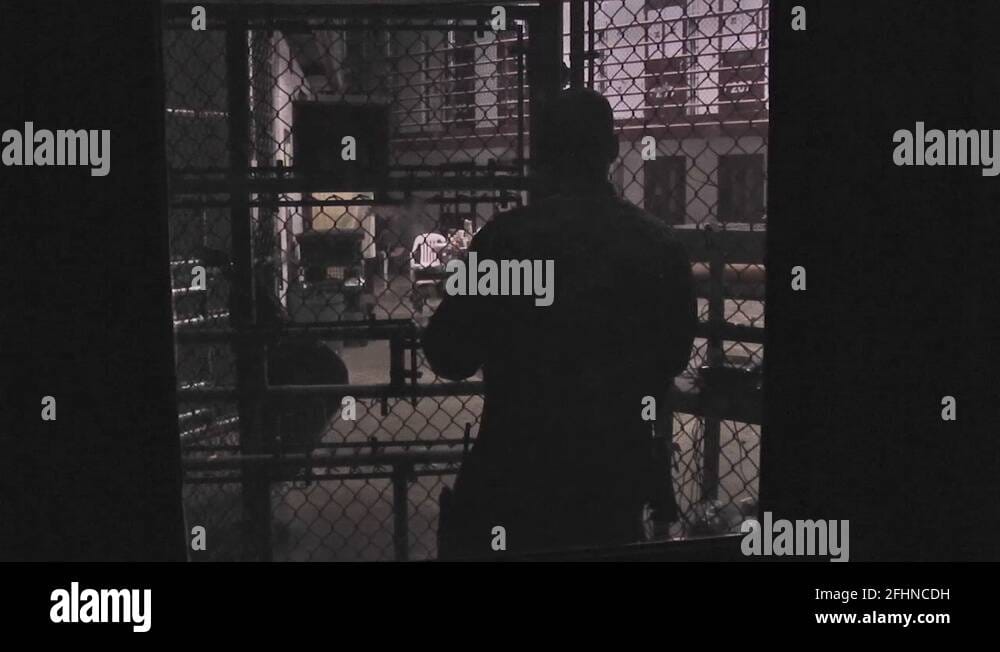Israeli Prime Minister Benjamin Netanyahu’s recent six-day visit to the United States has drawn significant attention, not only due to its key agenda but also because of who was notably absent from his meeting schedule. In a decision that has garnered both criticism and curiosity, Netanyahu opted not to meet with prominent leaders of American Jewish organizations, raising questions about his approach to Israel-Diaspora relations and the broader dynamics within the Jewish community.
During his visit, Netanyahu focused on issues of bilateral importance, meeting with senior administration officials and various other stakeholders. Among the groups he chose to engage with were key Evangelical Christian leaders—important allies of Israel in the United States. While such meetings are often part of the Israeli prime minister’s diplomatic overtures, his decision to leave out longstanding Jewish organizational figures has added a layer of complexity to an already tense relationship with certain diaspora communities.
Netanyahu’s priorities during the trip appeared to center around cementing political alliances and tackling policy challenges involving Israel’s regional security, including discussions about Iran and U.S.-Israel cooperation. Meeting with Evangelical leaders also emphasized his outreach to a politically significant segment of U.S. society that has been steadfast in its support for Israel. Observers note that the absence of a forum with Jewish organizational leaders might signal a shift in how Netanyahu views the interface between his administration and American Jewry.
The absence of these engagements has not gone unnoticed. Several leaders and representatives of key organizations expressed disappointment over Netanyahu’s decision. Historically, the prime minister of Israel has treated meetings with American Jewish leaders as vital in maintaining strong ties between Israel and the diaspora. Such meetings have been forums to discuss a diverse array of issues—from advocacy for Israel on American soil to concerns raised by Jewish communities abroad.
Recent years, however, have seen increasing dissatisfaction among parts of the American Jewish community regarding Netanyahu’s domestic and foreign policy decisions. Critics have pointed to controversial judicial initiatives by his administration, policy stances on minority rights, and perceived partisanship in handling U.S.-Israel relations as factors contributing to a strained relationship. Some American Jews have felt alienated from Israeli policies, particularly under Netanyahu’s tenure, and this exclusion from his itinerary reflects a broader ideological and practical divide.
According to sources within Netanyahu’s team, the decision not to meet with Jewish organizational leaders was influenced by time constraints and the prime minister’s need to prioritize other meetings, including some with members of Congress. However, this explanation has done little to quell the unease, with critics suggesting it reflects a deliberate attempt to sidestep important conversations with a community grappling with its relationship to the Israeli state.
Netanyahu’s visit comes at a politically sensitive time for both Israel and the United States. While politically supportive factions in the U.S., such as certain Evangelical Christian groups, continue to back Israeli governments unequivocally, mainstream Jewish organizations have called for more dialogue around contentious topics. Some leaders believe that an open forum with Netanyahu could have served as a step toward addressing these underlying tensions. They have also highlighted concerns that bypassing such meetings risks projecting an image of division within the broader Jewish world, which could be exploited by critics of Israel.
In response to the criticism, Netanyahu’s aides have pointed out that the Israeli leader did engage with younger Jewish leaders as part of his outreach during the trip. However, some observers argue that the symbolic weight and political implications of meeting with more established leaders hold a particularly important place in the ecosystem of Israel-Diaspora relations.
In recent years, the relationship between the State of Israel and American Jews has been shaped by evolving political and cultural shifts. Once founded on a nearly unified sense of support and solidarity, the ties have grown increasingly complicated. Divergent perspectives on Israeli domestic policies, its approach to the Palestinian issue, and its alignment with partisan U.S. politics have created a landscape where dialogue is more essential than ever.
Netanyahu’s choice to favor certain segments over others during this trip has reignited debates about whose voices are considered central in shaping discourse around Israel in the United States. It has also raised the question of how Israel’s leadership views its responsibility toward its largest diaspora community—a community that has traditionally regarded partnership with the Israeli government as vital.
Despite these controversies, Netanyahu’s itinerary reflects his pragmatic approach to diplomacy, focusing on those groups and agendas deemed strategically imperative to Israel’s immediate geopolitical goals. Yet, as discussions surrounding his trip continue, they serve as a reminder of the delicate balancing act required to sustain unity and support among Israel’s myriad allies and stakeholders.
The broader implications of Netanyahu’s engagement—or lack thereof—remain to be seen. Whether this decision will lead to continued strain or encourage renewed efforts for dialogue between the Israeli government and American Jewish organizations is unclear. For now, Netanyahu’s U.S. visit underscores not just the immediate goals of his administration but also the evolving dynamics of Israel’s relationship with the global Jewish community.


